Last week, presumptive Republican nominee Donald Trump vowed to “go it alone,” with or without the support of the establishment GOP, and in the days since that statement was made, it appears more likely that his assertion will be put to test.
Depleted Cash
A new monthly report by the Federal Election Commission showed that at the beginning of June, Trump had a little less than $1.3 million in hand. By comparison, Hillary Clinton’s campaign showed almost $43 million, signaling a deficit of over $41 million for the Trump campaign.
This deficit concerns top Republicans who are looking for Trump to move into a general election campaign and become more of a traditional candidate who fund raises over a billion dollars between now and the election. Trump has rejected that expectation, pointing to his success in the primary season with a leaner campaign.
“If need be, there could be unlimited ‘cash on hand’ as I would put up my own money, as I have already done through the primaries, spending over $50 million dollars. Our campaign is leaner and more efficient, like our government should be,” said Trump in a statement posted on his official website.
Trump maintains that he doesn’t need to raise money to campaign because the free media he generates from daily call-in interviews, tweets, and media sources following the campaign make up for the traditional advertising finance that goes into a campaign.
He’s also set up a campaign initiative, sending out an email in which he vowed to match campaign donations up through the first $2 million within the forty-eight hours following the email’s posting:
“This is the first fundraising email I have ever sent on behalf of my campaign. That’s right. The FIRST ONE,” Trump wrote in the email, “help make it the most successful introductory fundraising email in modern political history by personally matching every dollar that comes in WITHIN THE NEXT 48 HOURS, up to $2 million!”
Campaign Staff
The Trump campaign has had a recent staff shakeup when they fired Campaign Manager Corey Lewandowski on Monday. Lewandowski, who had been with the campaign since the beginning, had stressed to “Let Trump be Trump.”
Instead, the campaign now looks to move into the general election phase under the leadership of Campaign Chairman Paul Manafort—former campaign adviser to Gerald Ford, Ronald Reagan, George H.W. Bush, and others.
With Manafort at the helm and unopposed, Trump is expected to pivot and act more presidential. Since Manafort came onto the campaign in March, Trump has occasionally used a teleprompter when giving speeches, a marked difference from earlier in the campaign.
The day following Lewandowski’s removal, the Trump campaign put out a statement announcing that they are going to be doubling their campaign staff.
“I continue to build a team of great people that will ensure we win in November. I have received more votes than any Republican in the history of the party and I am confident that, along with my team, we will take our movement to the White House and Make America Great Again.”
Trump is also setting up a new evangelical advisory board headed by Michele Bachmann, the former Minnesota Congresswoman who gained national attention after making a bid for the presidency in 2012.
Party Support
Trump has gotten little support from Republican party leadership, particularly since the the remarks he made about Judge Gonzalo Curiel, the judge presiding over two class action lawsuits against Trump University, but also after Trump’s response to the Orlando shooting.
Speaker of the House Paul Ryan, who endorsed Trump, has been critical of his remarks and his proposed temporary ban of Muslims.
Senate Majority leader Mitch McConnell—who has also endorsed Trump—was initially critical of Trump, but has more recently refused to comment on the remarks or positions of the presumptive Republican nominee.
Other House Republicans have either rescinded support, saying they wouldn’t vote for him in November, or taken McConnell’s approach and refused to comment.
Trump seems increasingly frustrated about the lack of support from the party, and at a rally on Saturday said, “It would be helpful if the Republicans could help us a little bit.”
The same hesitation to endorse Trump can be found from GOP donors who have yet to throw their funding toward support of Trump, which has compounded his campaign’s financial troubles.
Two conservative donor heavyweights—Charles and David Koch—have stated their dislike for Trump’s candidacy, and Charles Koch even went so far as to suggest that Hillary Clinton might be the best suited to be president in an ABC interview in April.
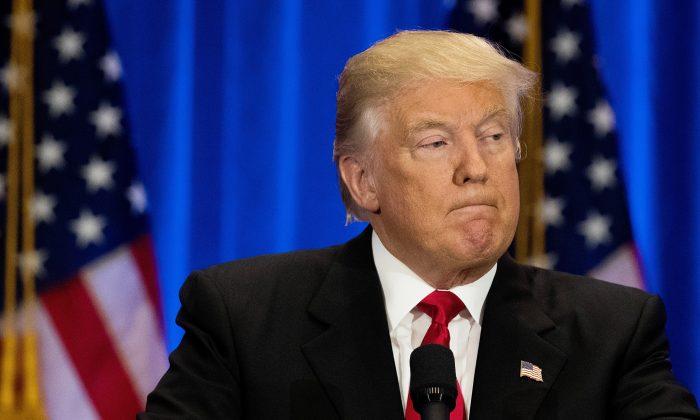
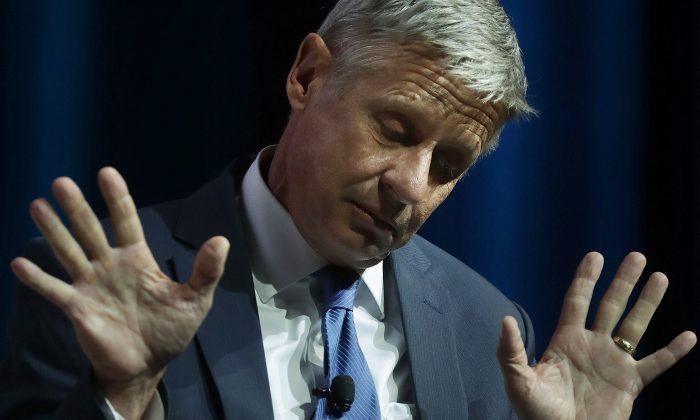
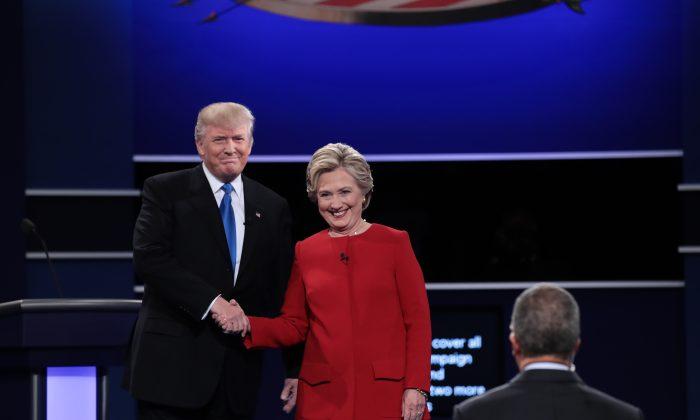
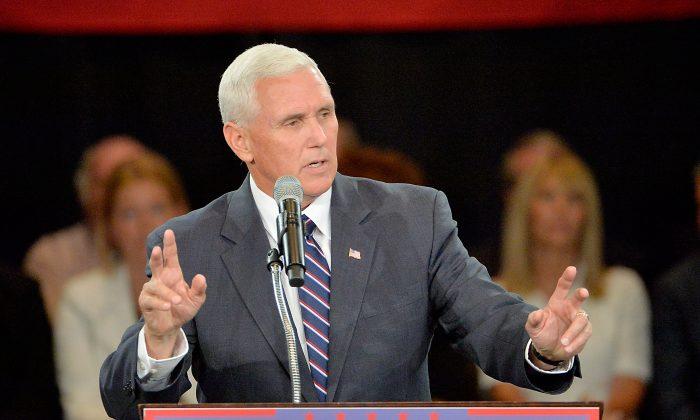
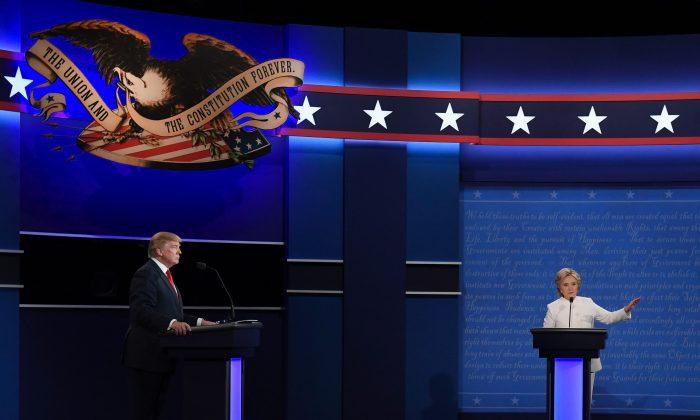
Friends Read Free